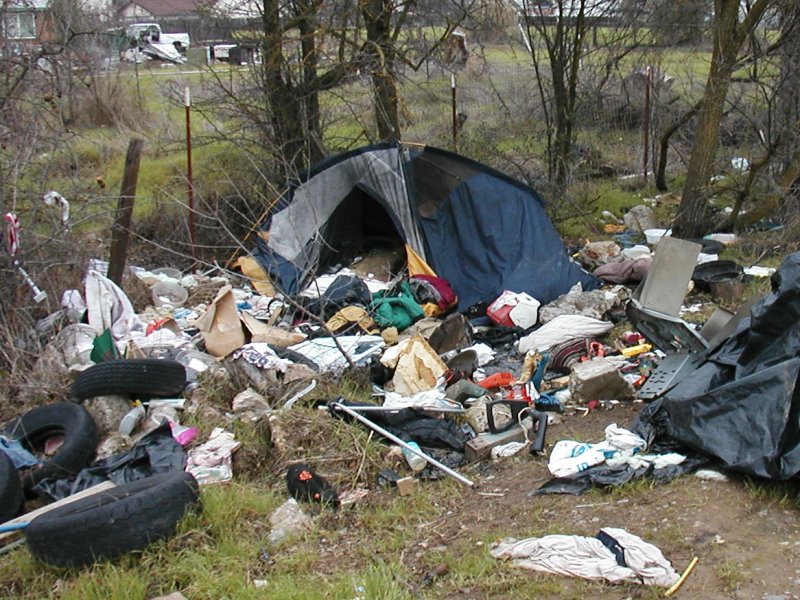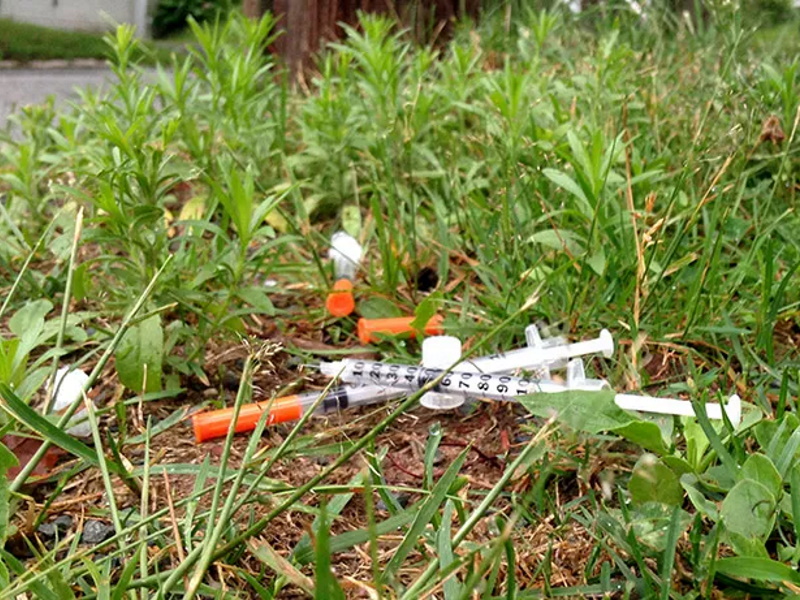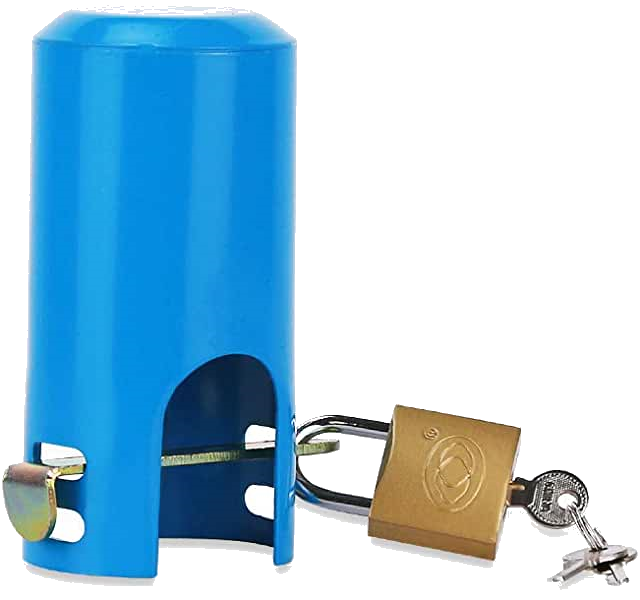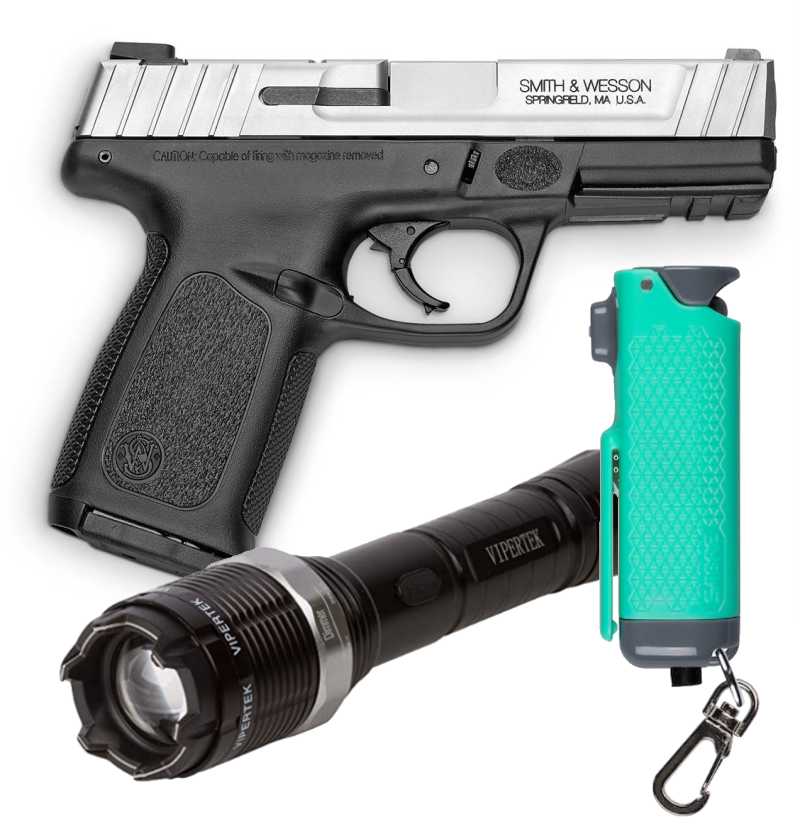| Safety Guide - Protect Your Family |
| Home | Children at Risk | The Cause | News | Act Now! | Safety Guide |
Safety Guide
1. REPORT all issues
 If
you see any problem - whether it is a new camp, trash, human waste, needles,
a suspicious vehicle (it may be a drug dealer), etc.... Do not hesitate in contacting the City of Sacramento.
If
you see any problem - whether it is a new camp, trash, human waste, needles,
a suspicious vehicle (it may be a drug dealer), etc.... Do not hesitate in contacting the City of Sacramento.
You can report a problem on the City's website at http://311.cityofsacramento.org/s/new-service or by calling 3-1-1.
| CLICK HERE TO REPORT A PROBLEM ONLINE |
Also, take pictures and upload them on social media services such as NextDoor. Your eyes, your ears, and your help are desperately needed. Please pay close attention to the area near the Children's Receiving Home. These at-risk children are in the most danger.
2. SUPPORT real help for the homeless
 Many
community members have suggested that the city focus on larger more
comprehensive sites and adopt the model used in Texas at "Haven for Hope"
or "Trieste". Homeless overwhelmingly suffer from mental illness and/or
debilitating drug addiction. They need treatment, but many, due to their
illness, refuse.
Many
community members have suggested that the city focus on larger more
comprehensive sites and adopt the model used in Texas at "Haven for Hope"
or "Trieste". Homeless overwhelmingly suffer from mental illness and/or
debilitating drug addiction. They need treatment, but many, due to their
illness, refuse.
There are real solutions; but the City of Sacramento refuses to consider them. The City's program of busing homeless away from Downtown, rather than treating them, is cruel.
| Click here for more information |
3. DO NOT give money to panhandlers
Homeless will often beg for money at the intersections of busy streets or at the entrances of buildings. Unfortunately, this money, rather than being spent on food, is often used to purchase drugs and alcohol. It doesn't help the homeless, but perpetuates their suffering.
If a panhandling spot becomes profitable (and, thus, coveted) it can quickly lead to violence over who "controls" the spot. Sadly, by giving the homeless money, you can perpetuate the endless cycle of homelessness, addiction, violence, and death.
.
4. DO NOT put garbage bins out at night
 Homeless are often drawn into an area where they can take materials out
of trash cans and recycle bins. Often, they will dump any contents, they don't
want, on the street. To minimize the threat, don't put your garbage or
recycling bins out until the morning - right before you leave for work.
Homeless are often drawn into an area where they can take materials out
of trash cans and recycle bins. Often, they will dump any contents, they don't
want, on the street. To minimize the threat, don't put your garbage or
recycling bins out until the morning - right before you leave for work.
Also, do not put the following items in your bins:
- Aluminum cans. Homeless will take aluminum cans to recycle for cash.
- Cardboard. Large pieces of cardboard are used to make "give me" signs and are used at camp sites. Cut (or tear) all cardboard into small pieces.
- Textiles. Large pieces of cloth are useful in homeless camps. Unfortunately, these are one of the main items that pollute our creeks. Cut all textiles (cloth, burlap, etc...) into small pieces.
- Garbage bags. Homeless will often raid a bin to take the plastic garbage bags. The garbage itself is often dumped on the street. Once you put a bag in your garbage bin, cut it a few times with a box-cutter or scissors.
- Water bottles. Homeless use water bottles for a number of reasons - and, as a result, they are always in demand. They use them to store water and alcohol as well to store drugs and human waste. Remove the top of the bottles and discard them separately. This will make them less valuable. You can also cut all water bottles with a pair of scissors. Be careful not to injure yourself in the process.
5. DO NOT go barefoot outside
 You could step on a discarded needle and expose yourself to HIV or
Hepatitis-C. If you do step on a needle:
You could step on a discarded needle and expose yourself to HIV or
Hepatitis-C. If you do step on a needle:
- Remove the needle immediately.
- Squeeze as much blood, as possible, from the wound.
- Seek immediate medical attention.
Do not allow children to go outside without shoes. If you take your kid to the park, first look around for any needles before letting them play.
6. DO NOT keep hoses in your front yard
 A single, accessible, water faucet is enough to cause a homeless camp to
form. Homeless will often bath in your front yard - either at night or in
broad daylight.
A single, accessible, water faucet is enough to cause a homeless camp to
form. Homeless will often bath in your front yard - either at night or in
broad daylight.
You might want to invest in a water faucet lock. They are easy to use and only cost about $14.
| Water Faucet Lock on Amazon |
Alternatively, you can remove the handle from the faucet using a screwdriver (if the model, you have, allows). Make sure not to lose the screw. It is recommended that you place the handle and screw into a zip-lock bag.
7. DO NOT store valuables in plain site
It doesn't matter if your car is locked.
Remember: anything that can be taken, will be taken. So, any valuables in your front yard (or even your back yard - if you don't have a locked gate) can and will be stolen.
8. TEACH your children about safety
 Talk to children about stranger-danger.
Talk to children about stranger-danger.
If your child sees any drug paraphernalia (needles, glass pipes, etc...) or a suspicious water bottle, instruct them "don't touch it" and to find an adult immediately.
9. DO NOT leave pets out at night
Some homeless, sadly, suffer from mental illness. The City of Sacramento doesn't provide any services for mental illness at the Auburn homeless shelter. The mentally ill will be left to wander the streets. In their state, they may attack or steal your beloved pets.
Keep your pets indoors at night. If your pet is outgoing and friendly, it would be wise to lock it up whenever you are away.
10. BUY a defensive weapon
 Hopefully, this will never happen, but you may be in a situation where
you have to defend yourself or your loved ones. In this case, you will need
a defensive weapon. There are several options available. It is vital that
you have 1 or more of the following:
Hopefully, this will never happen, but you may be in a situation where
you have to defend yourself or your loved ones. In this case, you will need
a defensive weapon. There are several options available. It is vital that
you have 1 or more of the following:
Pepper spray
This is a very simple defensive weapon that can temporarily disable an attacker. You can find pepper spray at any "outdoor" store such as REI, Bass Pro, and Sportsman's Warehouse.
They cost about $10.
| Pepper Spray on Amazon |
Stun Flashlight
Another useful defensive weapon is the combination of a flashlight & a stun gun. In can be operated like a normal flashlight, but, in an emergency, can be put into "stun" mode. This does, however, requires physical contact to work.
They cost between $10 and $20.
| Stun Flashlight on Amazon |
Handgun
The ultimate form of protection is a handgun. A good defensive gun, such as the Smith & Wesson SD series (SD = self defense), will cost around $400.
Handguns can be purchased at stores like the
Gun Range on Watt Avenue (near
the Wal-Mart). Don't be intimidated. Guns are easy to use and are very safe
(if used correctly).